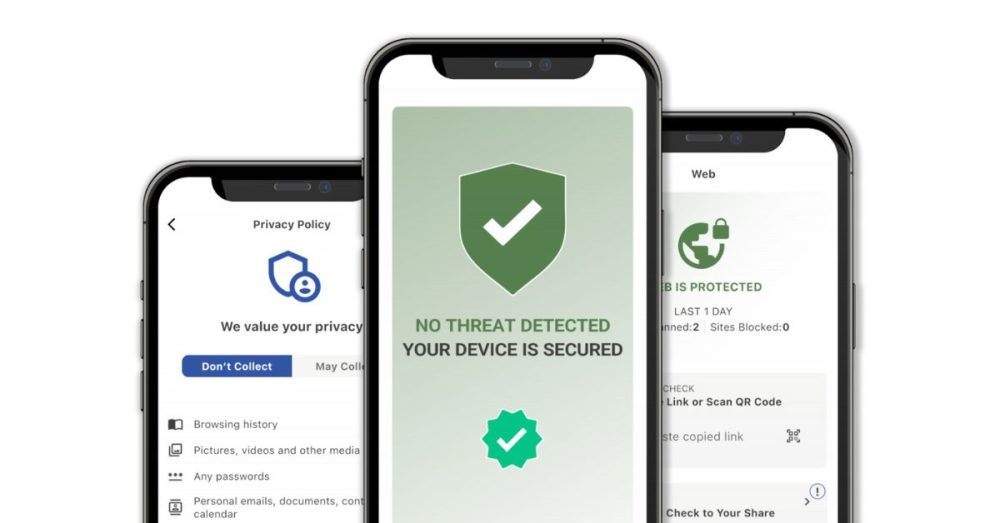“Think before you click.” It’s a simple yet crucial reminder, especially in the midst of the bustling holiday season when cyber-attacks are on the rise.
Concerned shoppers like Pamela Day in Dallas’ Bishop Arts District told CBS Texas she’s noticed the persistent risks: “I mean, I see things every day.” Fellow shopper Gary Reynolds echoed similar sentiments, acknowledging that he encounters suspicious texts or emails almost daily.
To address these growing concerns, the City of Dallas has unveiled a free app called “Dallas Secure,” CBS Texas reported.
Designed to protect residents and visitors alike, the app offers a proactive solution to combat online threats. “So you go to the App Store, you download the app, and you put it on your phone,” Dr. Brian Gardner, the City of Dallas’ Chief Information Security Officer, told CBS. “It’ll tell you if you are near a bad Wi-Fi spot or a risky Wi-Fi spot. It works to keep your mobile device secure.”
Hackers often target mobile devices due to the wealth of personal information stored on them.
“Either coming in through emails, SMS messages, WhatsApp, Facebook, or other social media,” said Shridhar Mittal, CEO of Dallas-based Zimperium. The company, a leader in mobile threat defense, collaborated with the city to create “Dallas Secure.” Mittal highlighted that as hackers adopt more sophisticated techniques, including artificial intelligence, traditional methods of defense are no longer sufficient.
“Humans can no longer fight against technology,” he told CBS. “Technology has to fight against technology.”
The app provides multiple layers of protection, such as detecting dangerous Wi-Fi networks and filtering phishing attempts. For example, text messages identified as phishing can be automatically moved to a junk folder. This functionality is designed to operate seamlessly in the background, allowing users to go about their day with added security.
However, experts emphasize that vigilance remains key. “Ransomware can hit anybody, anywhere, anytime, including mobile devices,” warned Gardner.
Cybercriminals continually devise new ways to access sensitive information, often leading to significant financial losses for victims.


